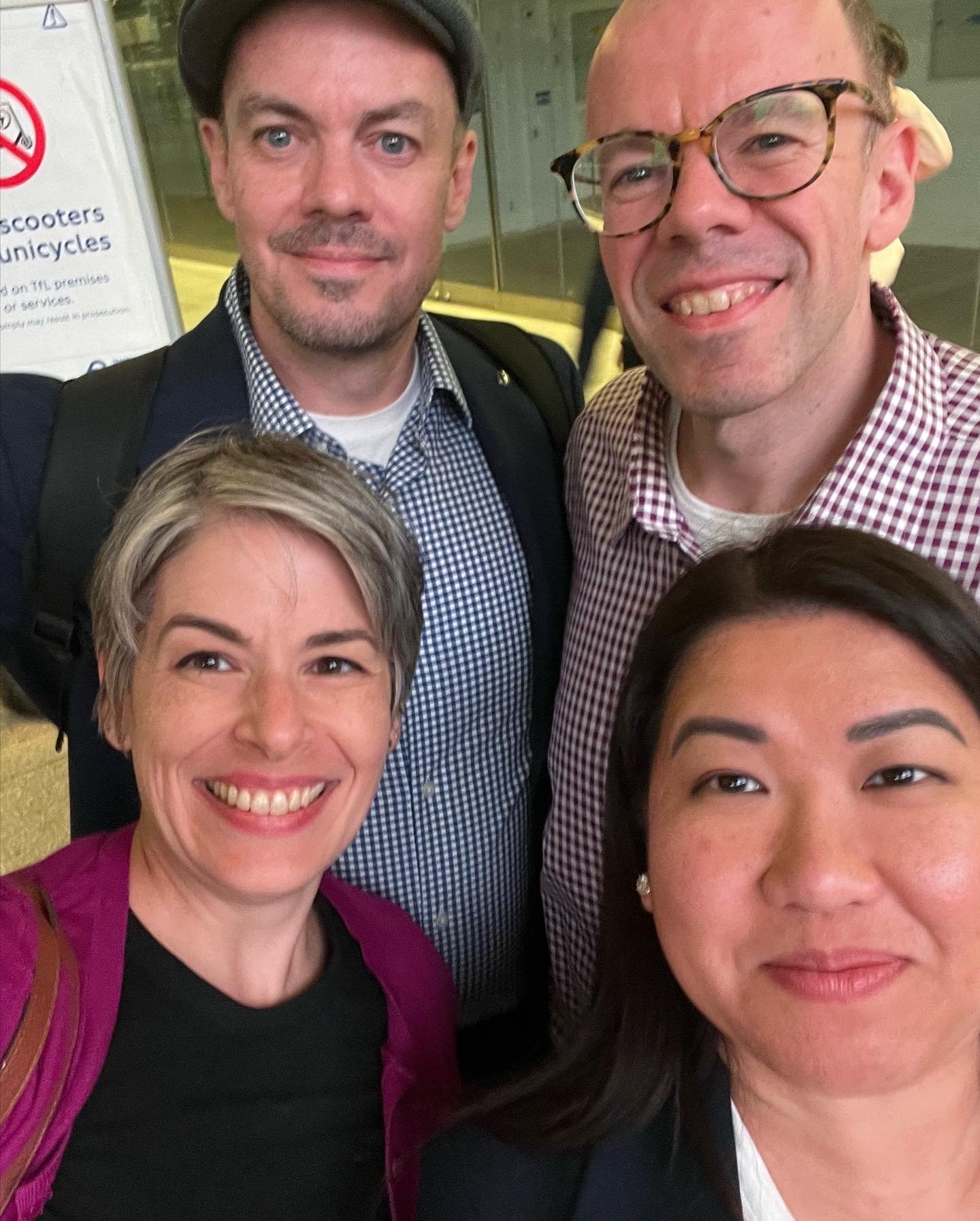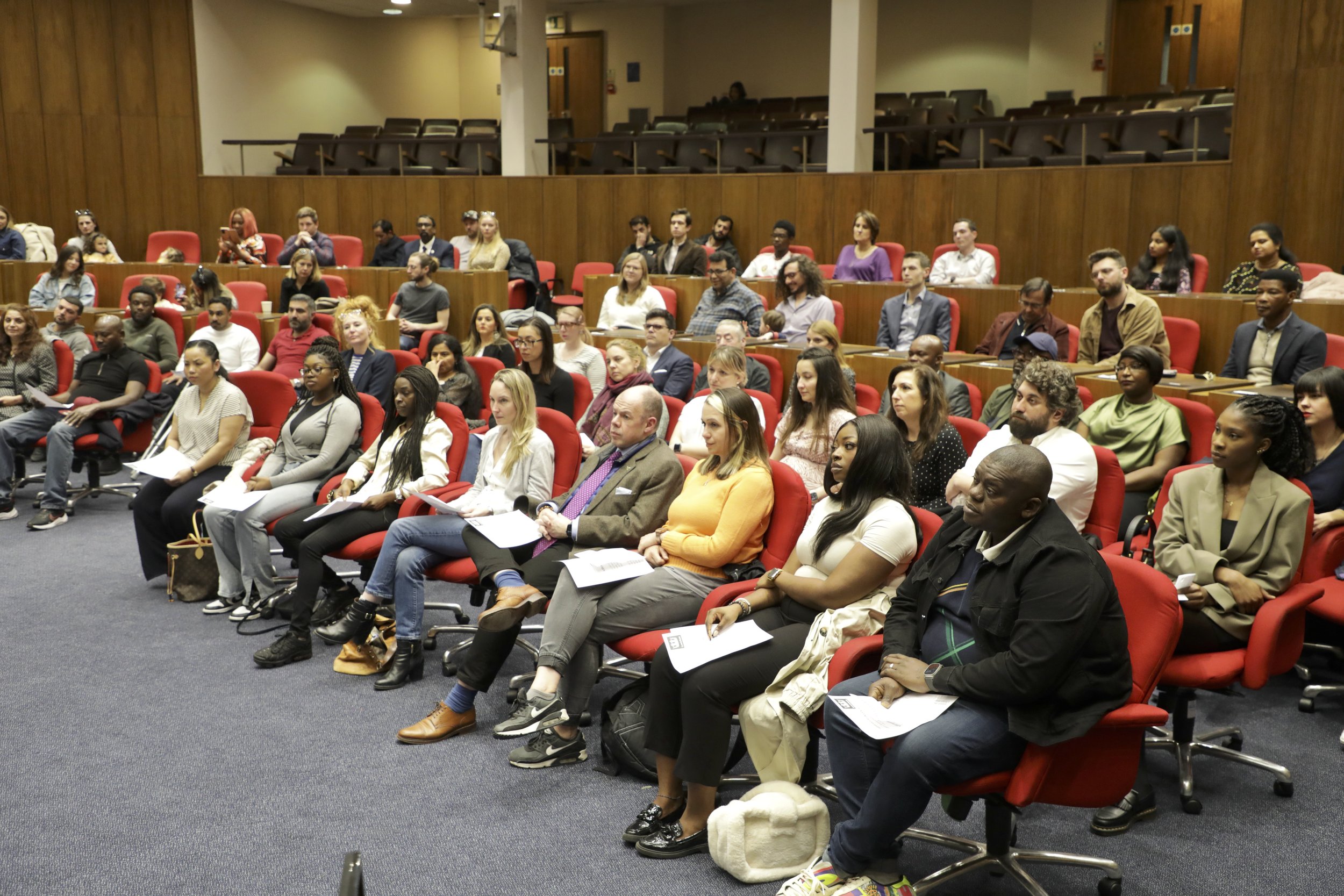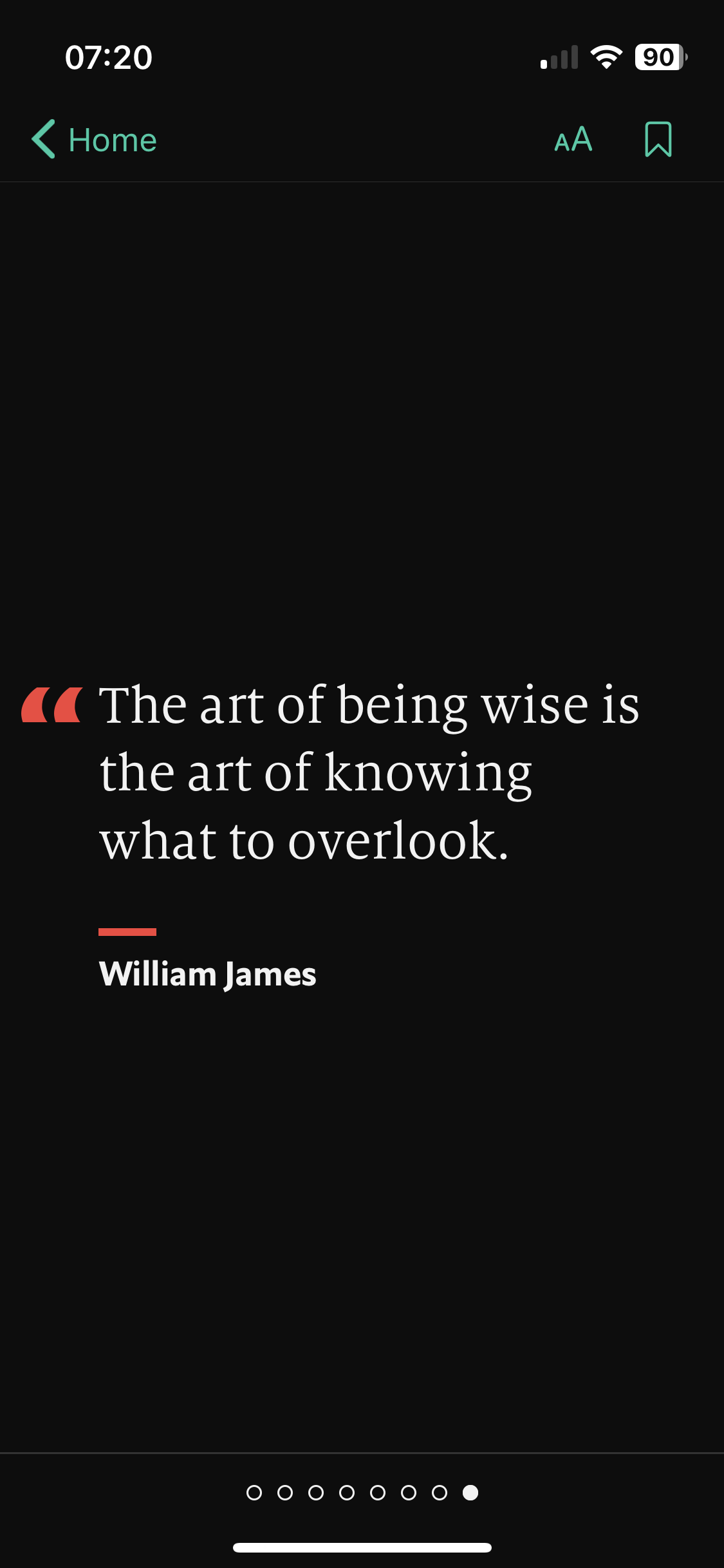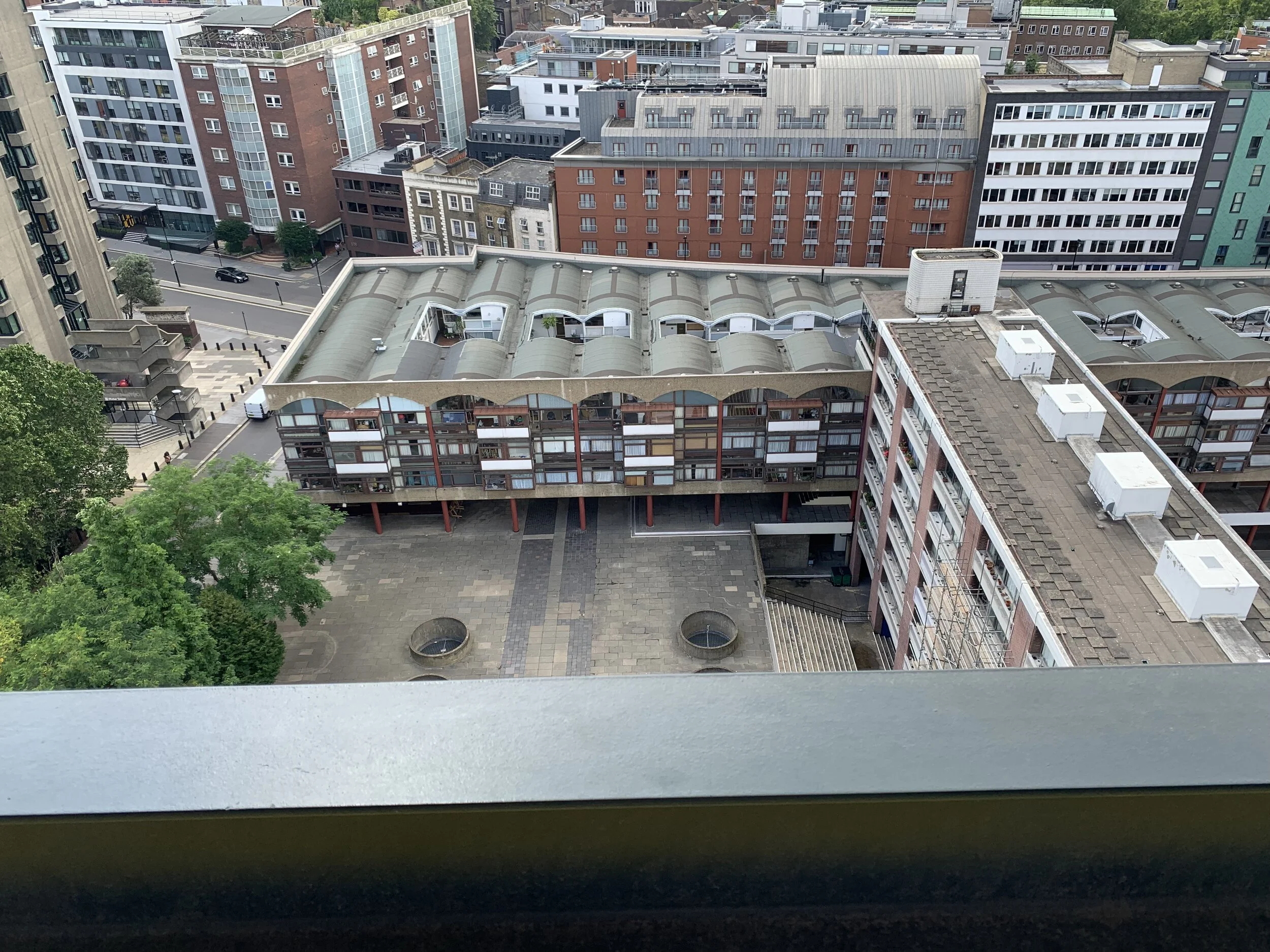The Atlanta Journal-Constitution announced on Thursday that it would be ending its print edition — which has been published in some form since 1868 — at the end of the year.
I grew up outside Atlanta, at a time when it was nominally still a two-newspaper town: The Constitution was delivered in the morning, and The Journal arrived in the afternoons. My parents subscribed to The Journal, whose opinion page leaned more conservative and had one of the great newspaper slogans: Covers Dixie Like the Dew.
My grandfather was also a longtime advertising executive at the AJC. Although I started my own career in newspapers long after he retired, the business was a bond between us until he died. (He routinely mailed me clippings from the AJC that had caught his attention over breakfast, often from the left-leaning columnists he vehemently disagreed with.)
Despite that background, I didn’t immediately gravitate toward journalism in college. But I got there eventually and have — happily, and very, very luckily — been there ever since. I started in my first “professional” newsroom 30 years ago this summer, and my favorite gallows-humor description of that time comes from a 2017 piece in McSweeney’s:
Michelle Jones remembers graduating journalism school twenty-five years ago and being warned that the industry was declining because advertisers were pulling out, salaries were dropping and the internet would ruin everything. And that’s pretty much what happened.
I’ve been extremely fortunate to hold onto a job in a field that has been radically transformed since the time I graduated from journalism school, much less from when my grandfather started working for the AJC almost 90 years ago. I’ve had literally hundreds of friends and colleagues lose their jobs over the years. The AJC news followed widespread buyouts at one of the other papers near and dear to my heart, The Washington Post, that one media critic called “the most spectacular departure of journalistic talent from a newspaper” in decades.
Despite all this bad news, I was heartened by, and agree with, a quote from the AJC’s publisher about the decision to end its print edition: “Unless news organizations have the courage to disrupt themselves faster than the marketplace is disrupting the industry, really important institutions that have existed for generations will cease to exist.” He added, “I love print, but I love journalism more.”
















